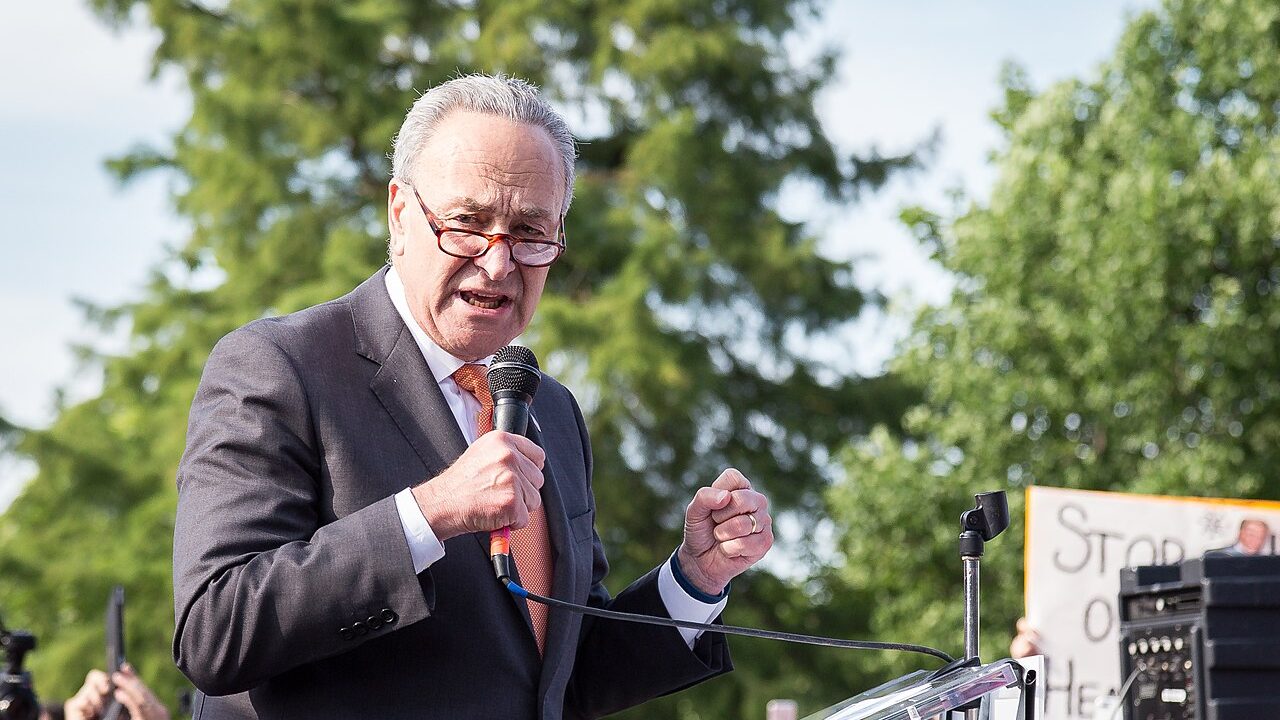Democrats are insisting on specific concessions related to the Affordable Care Act as part of negotiations to end the current government shutdown. This demand has drawn criticism, with some observers labeling it hypocritical given past positions on government funding and shutdowns.
Explainer GOP Should Fix Health Care Rather Than Bailing Out Obamacare
Senate Minority Leader Chuck Schumer, D-N.Y., has previously criticized government shutdowns, raising questions about the consistency of the Democratic stance. In March, Schumer highlighted the negative impacts of shutdowns, yet now, he and other Democrats are leveraging the shutdown to push for an expansion of Obamacare, specifically through enhanced subsidies.
The current standoff has prompted comparisons to the government shutdown in October 2013, which was largely centered around efforts by Republicans to defund Obamacare. That shutdown concluded on October 17, 2013, when President Obama signed a continuing resolution that extended prior spending levels and included a debt limit increase.
During the 2013 negotiations, Republicans received minimal concessions, including a provision requiring the Department of Health and Human Services to certify that eligibility for subsidies was properly verified. Critics argue that this concession was largely symbolic and did not effectively address concerns about potential fraud within the program.
House Minority Leader Hakeem Jeffries, D-N.Y., stated, "Why would we believe that Republicans have any interest in addressing [Obamacare], based on their word, when for 15 years Republicans have been doing everything possible to gut" the program. This sentiment reflects the Democratic strategy of framing their demands as necessary to prevent a repeat of past Republican actions.
Schumer echoed this sentiment, suggesting that any delay in negotiations on the enhanced subsidies could be interpreted as a lack of genuine interest from Republicans. He remarked, "We think that when they say later, they mean never."
Critics of the Democratic approach argue that it represents a failure to engage in constructive dialogue. They contend that Democrats are attempting to leverage the shutdown to achieve goals that were not realized in previous negotiations. Some Republicans have expressed skepticism about the sincerity of Democratic demands, suggesting that they lack leverage in the current situation.
Chris Jacobs, founder and CEO of Juniper Research Group, commented on the dynamics of the negotiations, stating that Republicans should remain firm in their position. He noted that Democrats have historically criticized tactics involving appropriations hostage-taking, suggesting that Republicans should not yield to current pressures.
As the shutdown continues, both parties face pressure to reach a resolution. The outcome of these negotiations will likely have significant implications for future funding discussions and the political landscape leading into the next election cycle. With the government shutdown now in its second week, the urgency for a resolution is growing, as federal employees and services are affected by the impasse.
Why it matters
- Democrats are leveraging the government shutdown to push for enhanced subsidies for Obamacare, raising questions about their past criticisms of shutdown tactics.
- The current standoff mirrors the 2013 shutdown over Obamacare, highlighting ongoing partisan tensions and differing strategies on health care funding.
- Critics argue that Democrats' demands may hinder constructive dialogue, as they appear to use the shutdown to achieve previously unattainable goals.
What’s next
- Negotiations are ongoing, with both parties under pressure to reach a resolution to end the shutdown and address funding issues.
- Federal employees and services are increasingly affected, prompting calls for a swift resolution to the impasse.
- Upcoming votes on budget proposals may further influence the direction of negotiations and party strategies.
